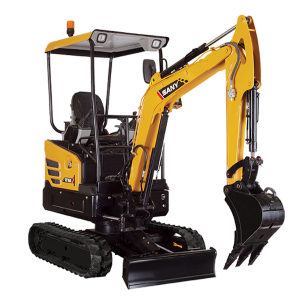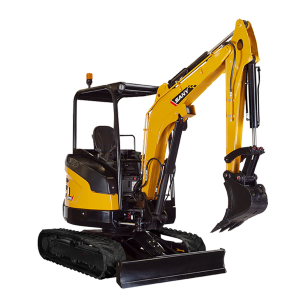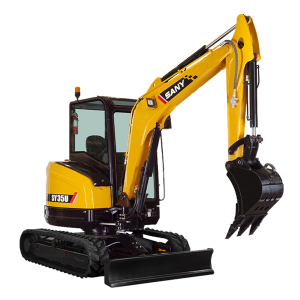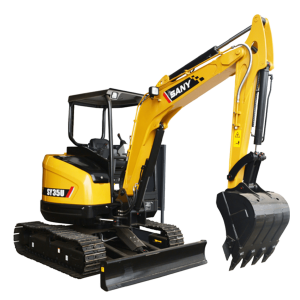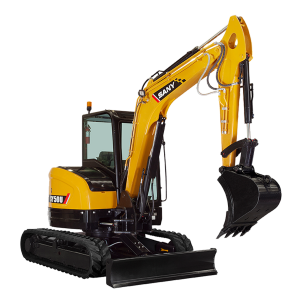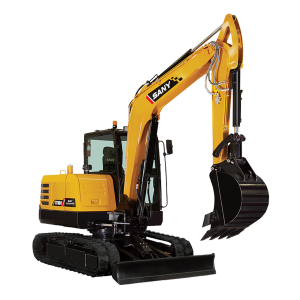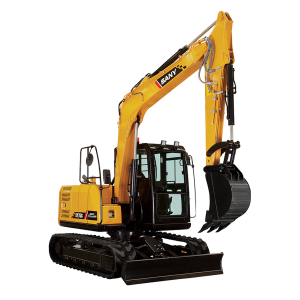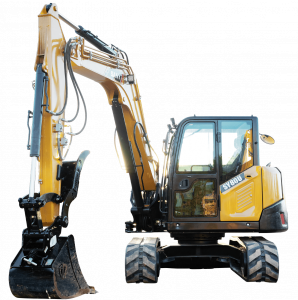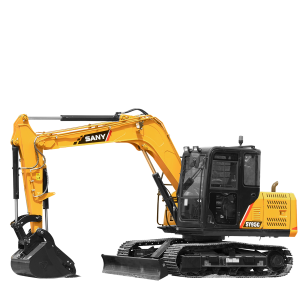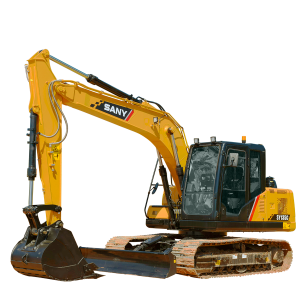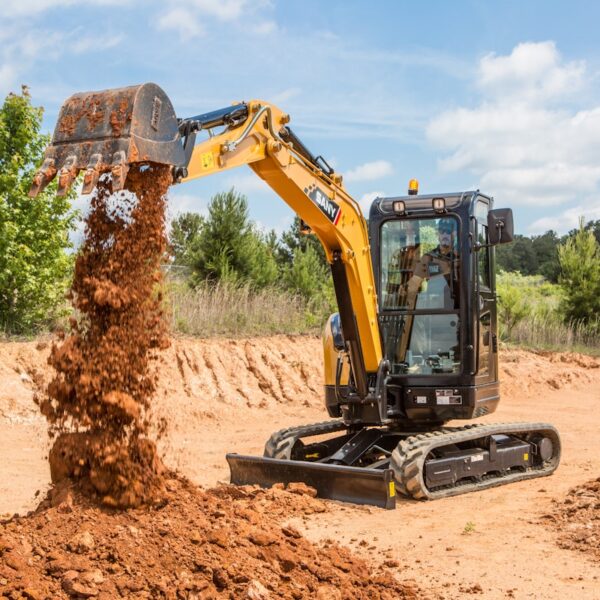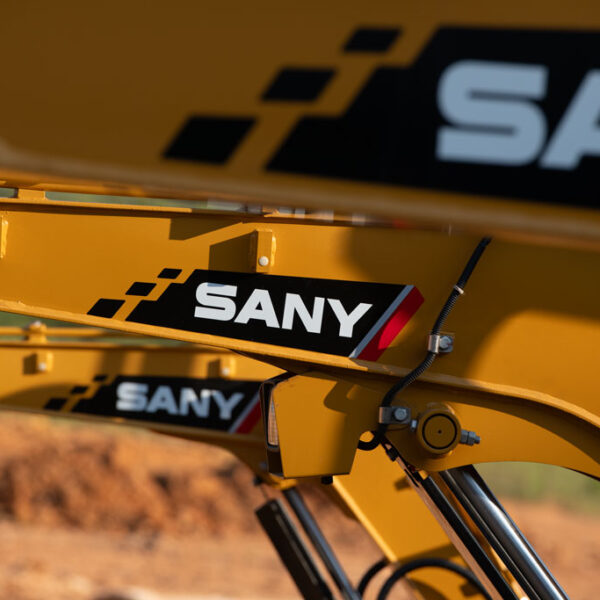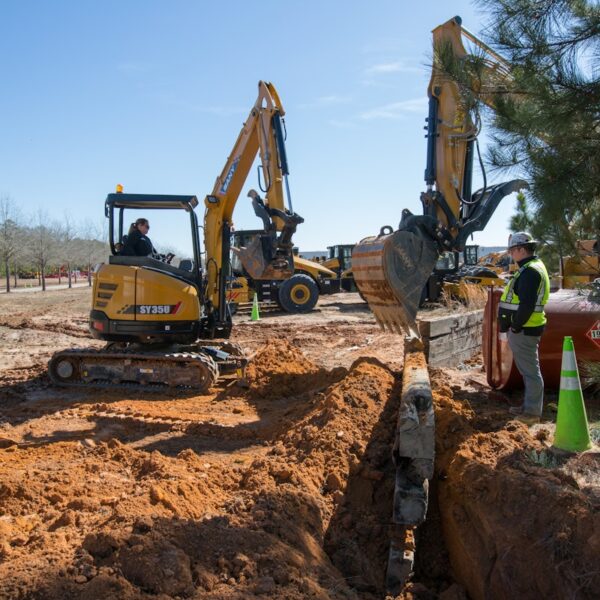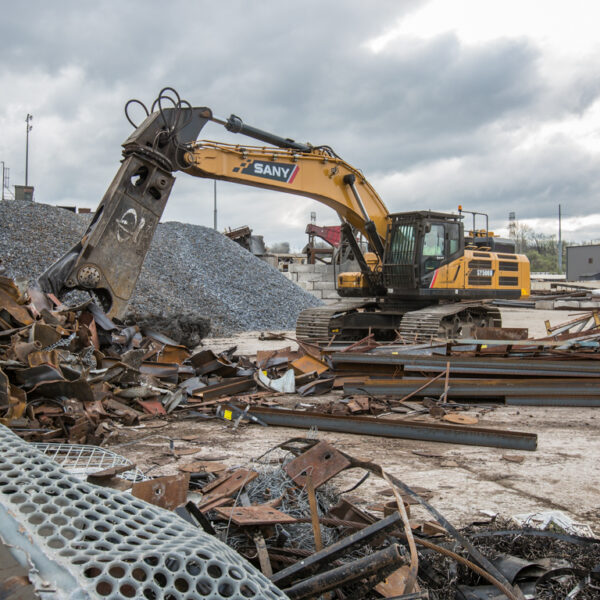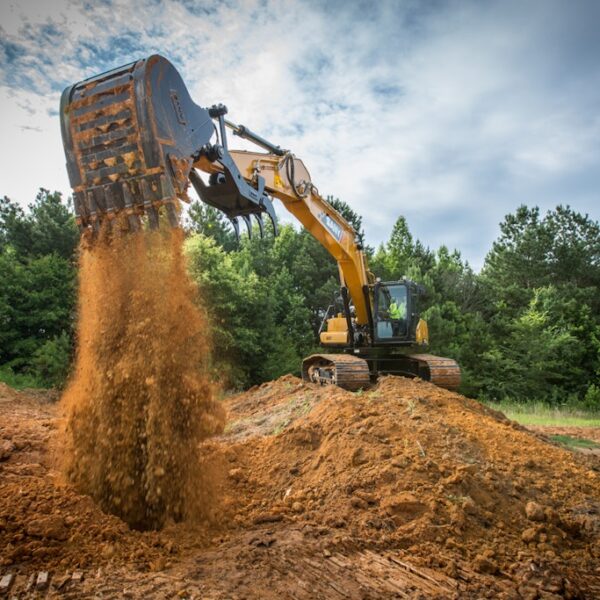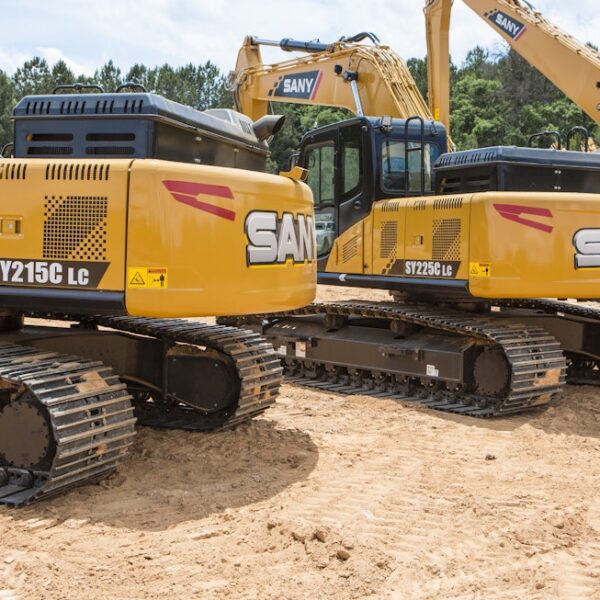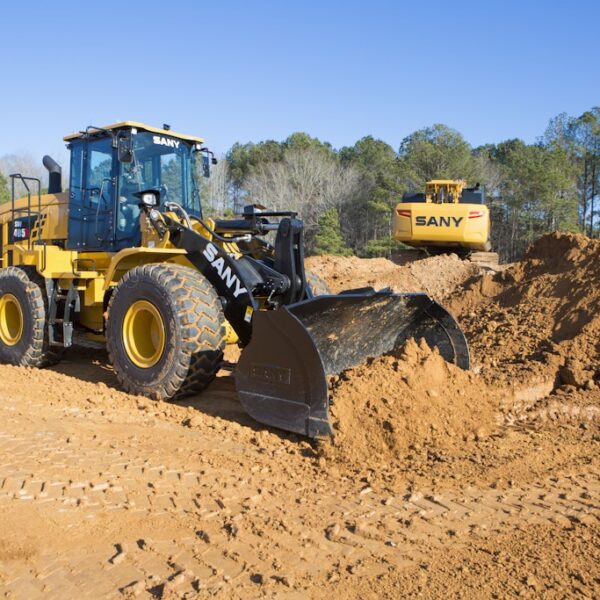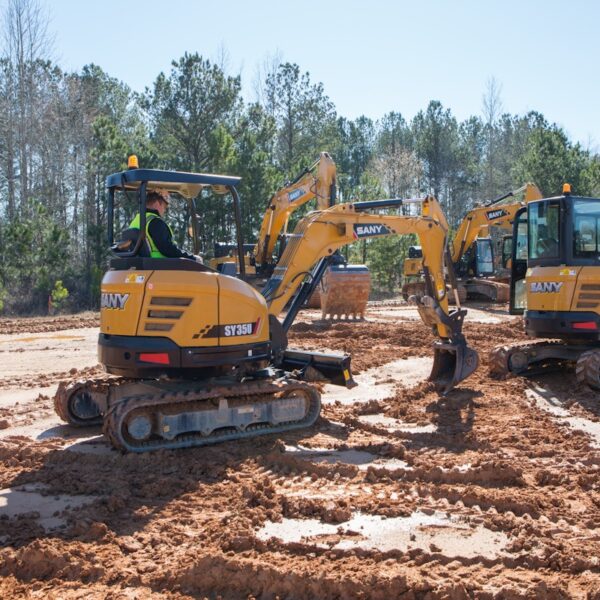The days are getting shorter. The temperatures are getting lower. Where did the warm weather go? Enjoy the falling leaves while you can but know that winter is coming. Cold weather presents challenges to all machines, and the bigger the machine, the more things that can go wrong. Luckily, there are plenty of preventative measures you can take to make sure that you don’t encounter any unpleasant surprises in the spring.
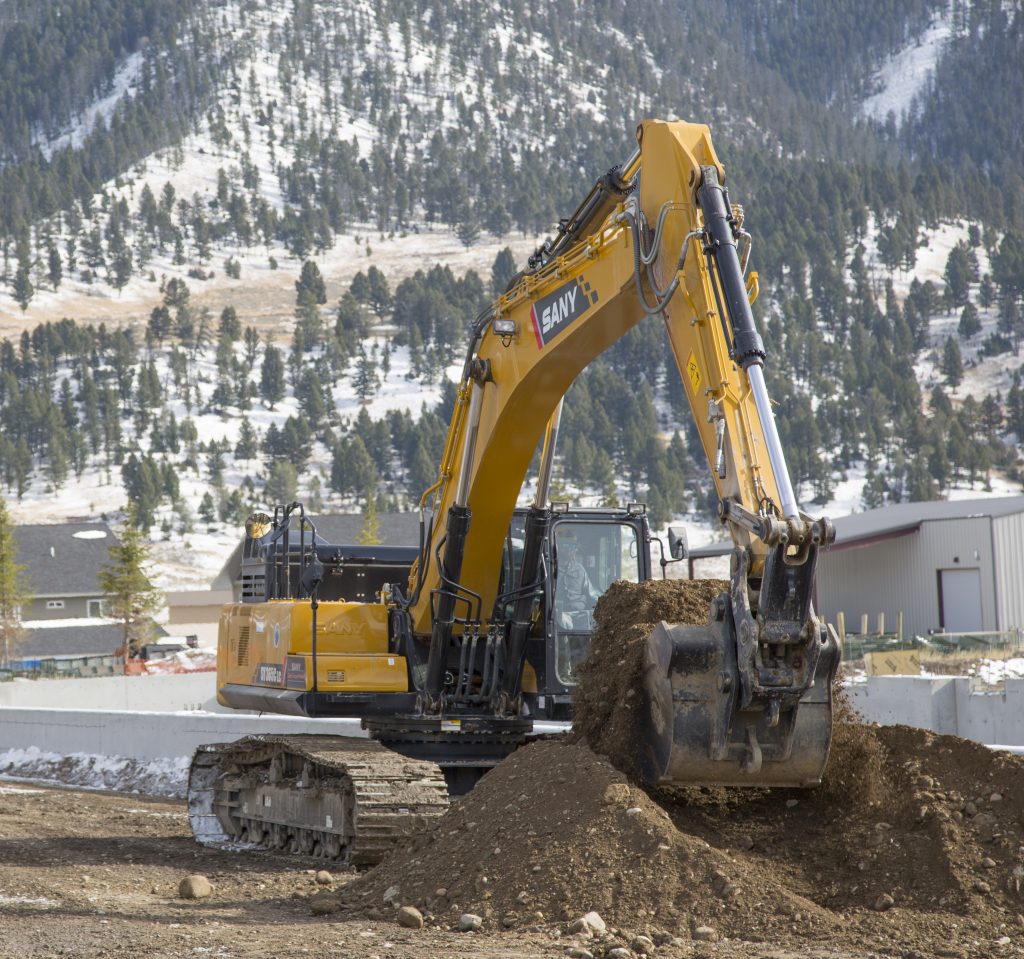 Check Your Fluids
Check Your Fluids
As you know, machines require many types of fluids to function properly. That’s all well and good for warmer months, but all fluids have their freezing point. Diesel fluid, for example, begins to solidify at 32°F, diesel exhaust fluid at 11°F and hydraulic fluid at -10°F. You may be wondering to yourself, “Isn’t this what antifreeze is for?” Depending on the fluid, you would be correct. But if your antifreeze is too old or improperly diluted, it can’t do its job properly.
However, if you stay on top of replacing and changing out your fluids, this is an easy problem to avoid. Winter-grade fuel will keep your machine chugging along in colder temperatures, and if you need an extra push, starter fluid can give your machine’s motor the kick it needs to get going. New, preferably synthetic, lubricant and oil will keep joints, hinges and engine parts gliding along. Updating your hydraulic fluid should be an annual event, too. The newer the fluid, the fewer problems it should give you. The same can be said for filters. Keep some extras on hand in case you need a quick change.
Inspect, Inspect, Inspect
Inspecting your equipment during the winter is the best way to prevent costly mishaps down the line. A morning and end-of-day walk-around will allow you to stop issues before they start and monitor existing problems to make sure they don’t get worse. For example, exposure to ice and rock salt can damage tires and undercarriages for drivable machinery, so check for corrosion and cracks. Cleaning during your end-of-day inspection will save you a headache down the line. The same goes for inspecting the engine. Before cranking your engine for the first time to warm the machine up, always take a quick look to assess the condition of parts, especially hoses, V-belt pulleys and fan belts.
Don’t forget about your tires. Cold weather can cause tires to deflate quicker, so daily inspections are a must. Filling your tires in a relatively warm location with dry, nitrogen gas should keep them inflated for longer. For machines that use belt scrapers, check to make sure that no winter gunk is jamming the rollers and also check for general wear and tear.
Storage Matters
For optimum performance and upkeep, your heavy machinery must be stored inside an enclosed space when not in use. Exposure to a range of temperatures can damage heavy machinery exterior and interior parts, so keeping them in a relatively stable temperature environment will stave off those concerns.
If you’re putting your machine to bed for the season, go ahead and remove any detachable parts for individual storage. Be mindful of your battery storage: It must be kept at room temperature at all times. Exposure to temperatures at or below freezing can reduce a battery’s cranking capacity by at least 50%, putting pressure on the system. If you’re using it regularly, the battery should be stored in a warm, dry place and kept free from any dirt, dust or moisture. If you’re storing the battery for the season, the ground cables should be unplugged.
Winter can be a pain to prepare for but dealing with preventable problems that you didn’t catch in time will hurt more. With planning and forethought, you can keep your machines in tiptop shape through the winter and make sure everything’s coming up roses in the spring. But if you end up needing repairs on your SANY machine, don’t worry: Our outstanding warranty means that you’re covered. If you have more questions, feel free to contact us here or visit one of our two locations.
